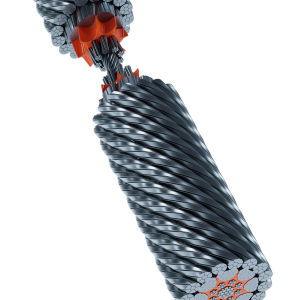In 2009, the EU, concerned about shared roads and rising traffic between member states, passed a directive to make sure all vehicles on EU roads would be safe for the public.
The only vehicles that the EU directive doesn’t require regular inspection of are those owned by the armed forces, police and fire service, historic vehicles from before 1960, and those that are never on highways. They can be deemed exempt by member countries for the above reasons.
The UK Department for Transport, seeking to meet EU requirements, sent out a consultation in 2009, asking the industry and government how it would feel about meeting the EU roadworthiness testing standards.
Officials wanted to start testing some of the 20 exempt vehicles in the UK, including mobile cranes, electric vehicles, breakdown vehicles, and engineering plant.
The department sent a consultation document to government and industry associations, pointing out that the EU law on roadworthiness testing, Directive 2009/40/EC, doesn’t allow the UK to exempt cranes from tests. It also said the number of exempt vehicles was growing and raised concerns about road safety and also fairness, as between operators of vehicles that are currently tested, and operators of vehicles that are currently exempt from testing. The department gave reasons "why the removal of those exemptions would nevertheless be beneficial to society as a whole." It noted that the purpose of third-party testing was to ensure the vehicles were being properly maintained.
One cause identified in the Aberdeenshire accident was a lack of clarity over whether tests of the carrier were included in tests of the crane. These days the Driver and Vehicle Licensing Agency still lists mobile cranes and lot of other HGVs as exempt from third party inspection requirements, and companies point out this is for logistical reasons. Still, the inability of companies to maintain and check their equipment in-house has been demonstrated by the recurrence of road accidents involving cranes over the years.
It would seem the UK government doesn’t feel either the risk or the responsibility. Maybe they should quit passing the buck, and develop tests that work.
Cristina Brooks Assistant editor
cristina.brooks@cranestodaymagazine.com






